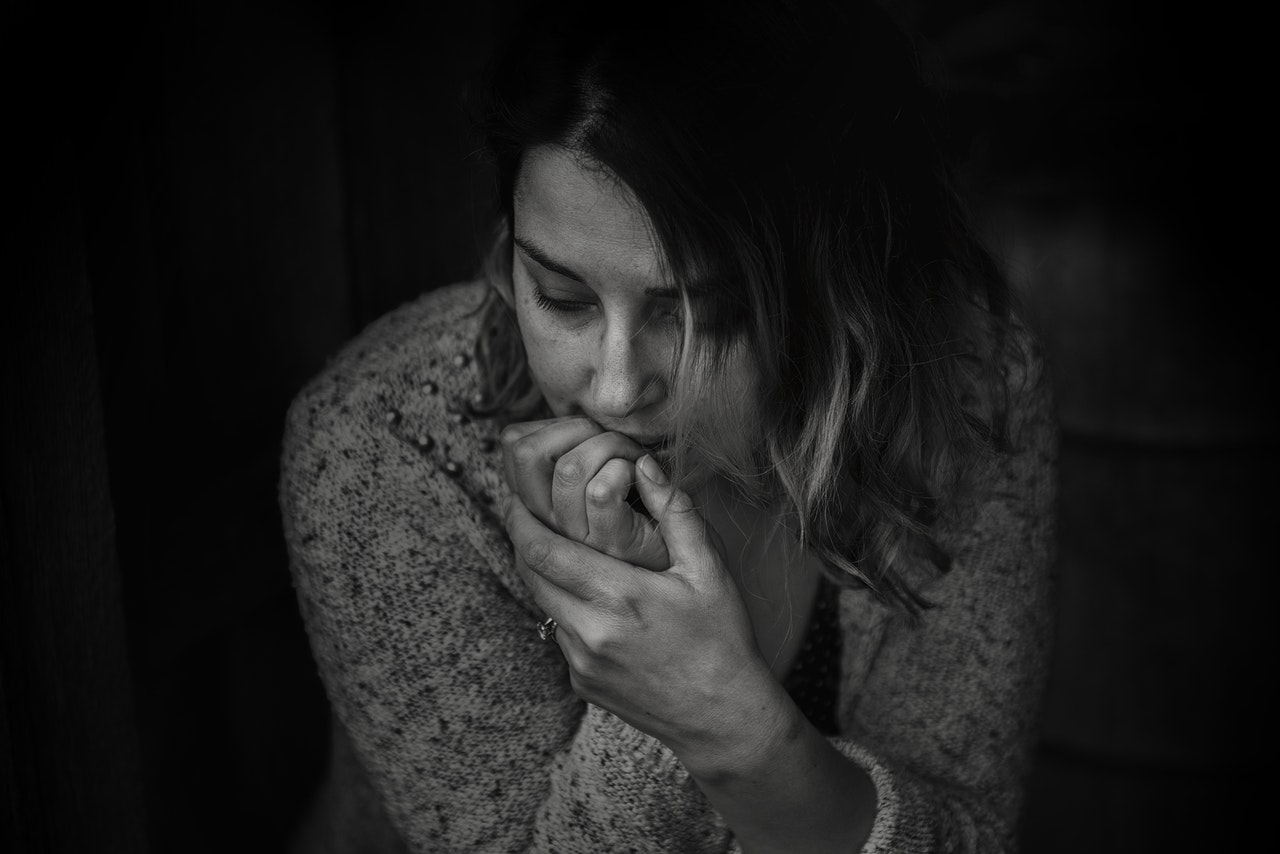India might well be progressing in many spheres but still lags behind significantly when it comes to mental healthcare. In 1954, the first Director-General of the World Health Organization (WHO), Dr. Brock Chisholm stated that “without mental health, there can be no true physical health”. The mental health scenario in India, even after 60 years of this profound statement, has not changed substantially. Mental health awareness is minimum and most of the conditions are generally associated with neuropsychiatric disorders. One of the many mental health issues that need to be openly discussed in India is Postpartum Depression in new mothers.
What is Postpartum Depression?
Postpartum depression (PPD) also clinically known as postnatal depression is a non-psychotic mental illness, whose severity varies from individual to individual. Postpartum depression generally sets in as early as the delivery of the baby and can continue indefinitely if left untreated. This health condition can cause distress to a mother and can also hamper her ability to look after her child and carry out normal day-to-day tasks.
The 2015-2016 National Mental Health Survey conducted by the Indian National Institute of Mental Health and Neurosciences reported that the incidences of depression are much higher in women when compared to the men. The women, especially the ones who are in their child-bearing years, are particularly prone to postnatal depression. Although this disorder can be cured with the help of therapy, counseling, and medication, Postpartum depression finds no mention in our country’s health programs in terms of treatment and prevention.
When Does Postpartum Depression Take Place?
As stated earlier, the symptoms of PPD can manifest as early as childbirth to a few weeks after the child is born. A mother goes through a range of emotions, from ecstasy to anxiety, when her child is born. Some mothers may feel the postnatal baby blues along with the all the hormonal and physiological changes taking place in her body for at least two weeks after the baby is born. However, when such negative emotions or baby blues (as stated in layman terms) continues beyond the two week time period and the symptoms become more severe it is time to visit a therapist. A mother with PPD may experience excessive crying, severe mood swings, overeating or absolute loss of appetite, having difficulty in bonding with the baby, or in extreme cases feeling suicidal or having thoughts of harming the new-born child.
Postpartum Depression Therapy and Treatment
While therapists and mental health professionals use hormonal treatments along with psychological counseling to counter PDD, research has found that the condition is not totally a byproduct of hormonal changes but a complex interaction between the hormones and associated environmental factors. Research reviews have brought to light that there are a number of reasons that lead to the manifestation of PPD such as non-supportive partners, domestic violence, marital problems, son-preference, and many more. However, PDD can occur even the external environment is seemingly fine.
Postpartum Depression Awareness in India
The awareness about Postpartum depression in India is so low that mothers facing such mental duress are often unaware of the existence of such a disorder or that it requires the help of a therapist. Due to the unawareness, many such cases, especially in the rural and more conservative areas of the country go unreported and untreated, pushing the mother further into an abyss.
In the absence of therapy, handling even the mildest symptoms of PDD becomes very difficult for a new mother along with home duties and childcare. In addition to that unsupportive families and partners add to the misery, magnifying the difficulties manifold. The productivity of working mothers goes down and they lose out on promotions, personal growth opportunities, and in the end may even stop working, unable to handle the mental stress and domestic responsibilities.
In Conclusion:
The first and foremost steps that must be taken up for the treatment of postpartum depression is to create awareness about it as just another health condition and not categorise it as a neuropsychiatric disorder. In addition to that, health programs must be crafted that provide therapy and treatment to new mothers, especially for those living in the rural areas of the country.
Image Credit: Pexels.com
![]()



